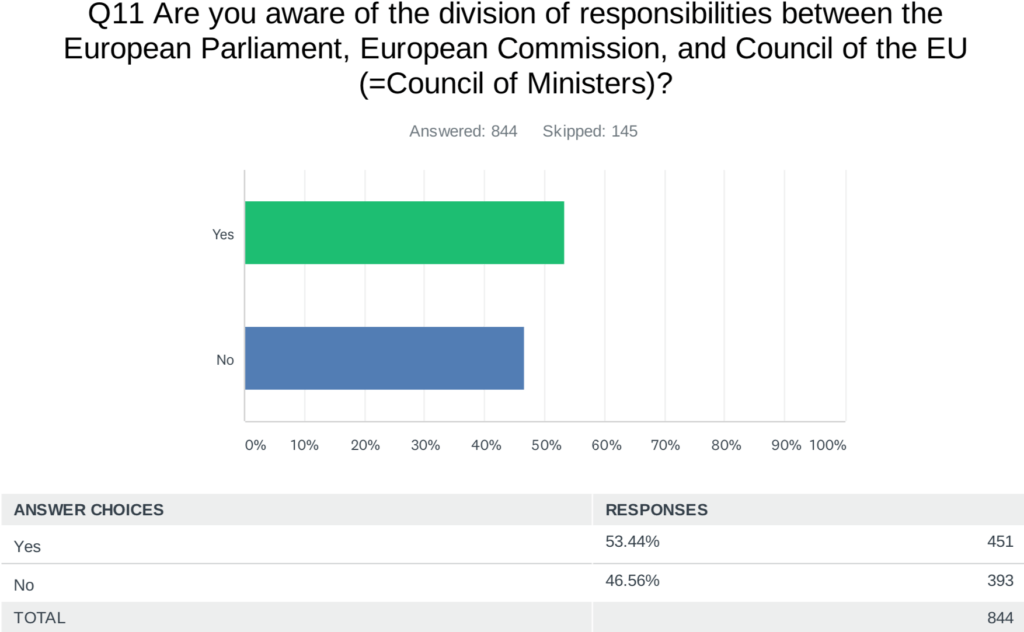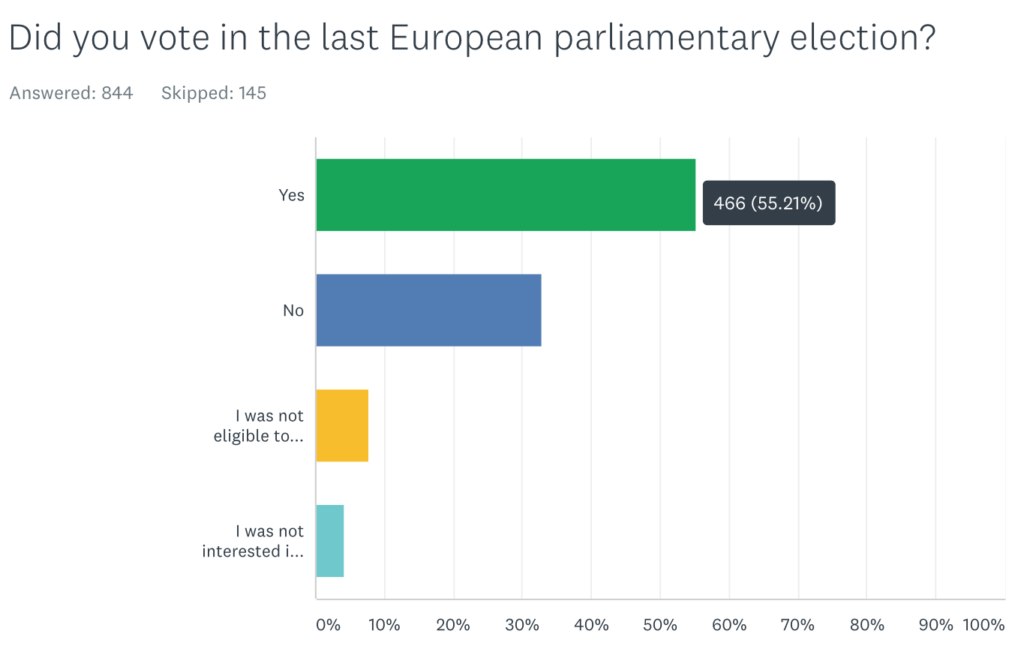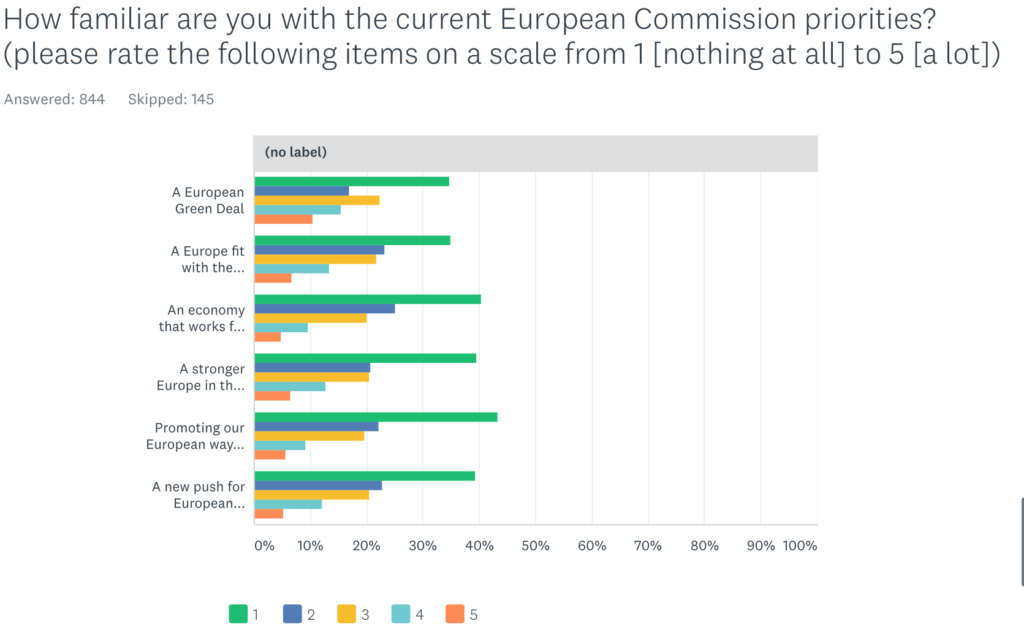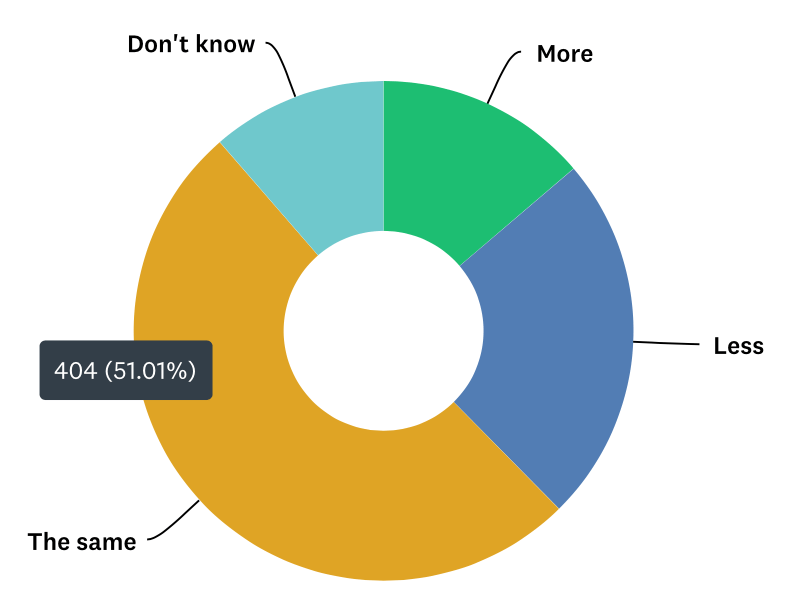

SURVEY REPORT
Introduction
In the last few years, disinformation in and outside the European Union became an issue with defined consequences. National populisms and polarisation of opinions are posing a real threat to the EU. Fake news and disinformation spread quickly, undermining our confidence in the very concepts of truth, facts, and reality. We have recently witnessed how disinformation was one of the main characters of Brexit and how, since the outbreak of COVID-19, misinformation and fake news have spread worldwide dividing the public opinion while increasing distrust in our institutions. A consortium composed of seven civil society organisations across Europe – the Italian Federation for Human Rights (Italy – lead organisation), TASC Europe Studies Company (Ireland), the European Centre for Economic and Policy Analysis and Affairs (Belgium), the Foundation for Entrepreneurship, Culture and Education (Bulgaria), the Youth Center of Epirus (Greece), the Associação Social Recreativa Cultural e Bem Fazer Vai Avante (Portugal) and Eurasia Net (France) – is implementing the project “CommEUnication – Youth Engagement for Communicating the EU”. The project is funded by the Europe for Citizens Programme of the European Union and aims to counter euroscepticism through the construction of a new strategy of communication able to respond to the needs of the European community as well as to promote a deeper understanding of the EU, specifically its values and its benefits, in order to encourage citizens to increase their engagement as EU citizens and to tackle disinformation.
In order to acknowledge the extent of disinformation in the EU and to get a broader understanding of how much the EU citizens know about the European Union, the consortium conducted the online survey “How much do we know about the EU? A survey about communication and disinformation”. The questions of the survey focused on the policy areas that represent a priority in the EU agenda, but which are also more susceptible to disinformation. The data collected will be used to understand how to promote more information and to better recognise the actual needs of European citizens. The subsequent activities of the project, including trainings for young people, will be shaped on the analysis of such results.
The survey was addressed to EU citizens and was distributed through the partners’ networks. The results of the survey are published in the present report.
Survey results
This report is based on the replies to the mentioned survey from 989 respondents covering 7 project participating countries (Italy, Belgium, Bulgaria, France, Greece, Portugal, Ireland) plus other EU countries (specifically 38 respondents from Cipro, Luxemburg, Spain, Croatia, Poland, Spain, Czech Republic, Netherlands, Latvia, Slovenia, Hungary) and 23 respondents from non-EU countries and territories (United States, Senegal, Afghanistan, Palestine, Brazil, China, Byelorussia, Macedonia, UK, Hong Kong, South Africa, Canada, Mexico, Angola, Ethiopia).
Personal data and background
- Total number of respondents: 989;
- Age: From 17 to 71 y.o. (56.93% of the respondents born between 1986 and 2001 with an average age of 26 years old);
- Gender: 43% males, 55% females, and 2% preferred not to say;
- Location: 83% from urban areas, 17% from rural ones;
- Education: 40% bachelor degree or professional diploma; 28% Master’s degree; 26% secondary school; 3.5% PhD or DPhil; 2% none of the above;
- Current work and education: 42.67% employed, 13.55% self-employed, 25.28% University students, almost 6% unemployed, 8% others with 18 people out of 89 (22%) retired.
Understanding of the EU
- Primary and secondary school: between 27% and 40% had no information at all about the EU;
- Higher education: Between 26% and 31% had no information at all about the EU.
- Familiarity with European institutions: 53.44% is aware of the division of responsibility between the European Parliament, the European Commission and the Council of the EU.

- Participation in the last European parliamentary election: 55.21% voted, 32.82% did not vote, 4.27% was not interested and almost 8% was not eligible;
- Knowledge of European parliamentary groups: 24% know all parliamentary groups and 39% know some of them.

EU policies
- Familiarity with the Commission’s current priorities:
– 43.38% ignore “Promoting our European way of life”;
– 40.46% ignore “An economy that works for the people”;
– 39.50% ignore “A stronger Europe in the world”;
– 39.35% ignore “A new push for European democracy”;
– 34.80% ignore “A European Green Deal” and “A Europe fit with the digital age”;
– <10% know the priorities well;
– More than 10% know well “A European Green Deal”.

- Impact of the EU:
– 56% positive;
– 25% both positive and negative;
– 8% negative;
– 6% ignore it or have no impact.
Access to information
- Regular use of Media:
– Facebook: 68.15%
– Digital newspapers: 67.67%
– Television: 61.28%
– Instagram: 60.31%
– YouTube: 56.45%
– Radio: 40.41%
– Podcast: 28.11%
– Twitter: 25.69%
– LinkedIn: 24%
– Online Blogs: 15.32%
– TikTok: 13.99%
– Print Newspaper: 11.46%
– Snapchat: 11.22%
– Online forum such as Reddit: 8.44%
– Other: 1.33%
- Media platforms vulnerable to disinformation and fake news

Access to Information about the EU
- Hearing national politicians about EU decisions

Future of the EU
- Main danger the EU is facing:
– 29.66% nationalism and detachment from European institutions;
– 14.54% climate change;
– 12.63% social problems such as inequality and poverty;
– 9.69% terrorism and insecurity in general;
– 9.40% immigration;
– 8.81% democratic deficit of the European institutions;
– 7.34% disinformation and fake news;
– 3.82% tensions with foreign states such as Russia or China.
- Trust in the EU leadership

- Do you feel privileged being a citizen of the EU?
– 73.61% yes;
– 17.55% no.
Download the full Report with the participating countries’ insights here
This project has been funded by the Europe for Citizens Programme of the European Union.
Its contents and materials are the sole responsibility of its authors. The Commission cannot be held responsible for any use which may be made of the information contained therein.

